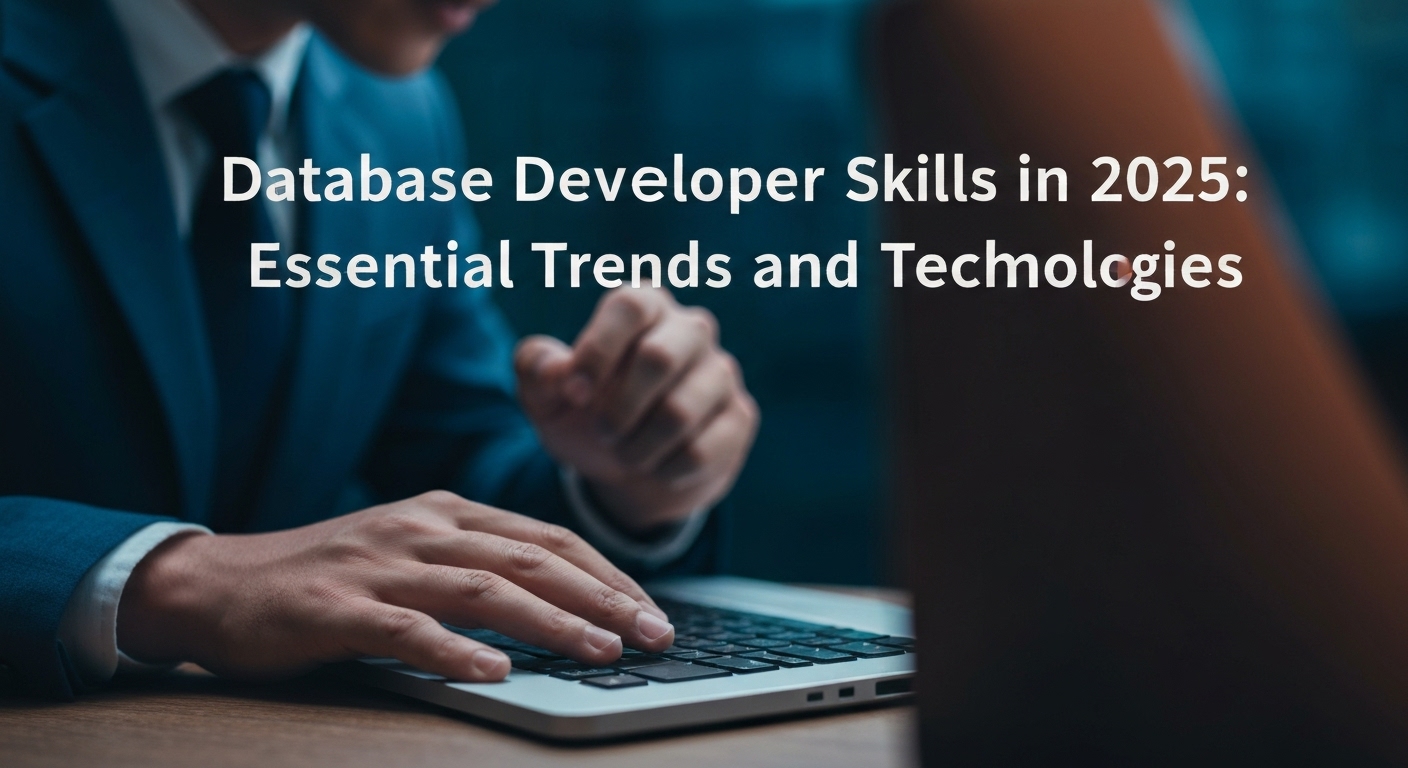Database Developer Skills in 2025: Essential Trends and Technologies
Introduction
In 2025, the role of a database developer has never been more dynamic. As businesses grapple with vast volumes of data and the need for real-time processing, database developers are at the core of innovation. They're expected to blend traditional database knowledge with new-age skills such as cloud infrastructure management, AI-driven automation, and DevOps practices.
Leading-edge companies and venture studios recognize the strategic value of expert database developers, and platforms like ryzlabs.com are at the forefront of connecting enterprises with elite nearshore tech talent who possess this diverse skill set.
Mastery of SQL and NoSQL Databases
Database developers must excel in both SQL and NoSQL paradigms. Expertise in relational databases such as PostgreSQL and MySQL remains crucial for structured data management, schema design, and query optimization.
At the same time, proficiency in NoSQL databases like MongoDB, Cassandra, and Redis is vital for handling unstructured data, scalability, and specialized use cases like caching and real-time analytics.
Programming and Automation Proficiency
Beyond database query languages, familiarity with programming languages such as Python and Java is increasingly important. These languages empower developers to automate deployments, write custom scripts, and integrate with broader application stacks.
Modern roles also demand knowledge of Object-Relational Mappers (ORMs), API integration (REST, GraphQL, gRPC), and the ability to interpret query execution plans for performance tuning.
Cloud-Native Database Management
Cloud platforms like AWS, Azure, and Google Cloud have become standard environments for database hosting and development. As such, database developers must understand cloud-native architectures, serverless databases, and container orchestration tools like Docker and Kubernetes.
This expertise allows teams to build scalable, resilient, and cost-efficient data infrastructure aligned with modern application demands.
DevOps Integration and CI/CD Pipelines
The intersection of database development with DevOps is a hallmark of 2025 workflows. Database developers participate actively in Continuous Integration/Continuous Deployment (CI/CD) by incorporating database schema migrations, testing, and automated rollbacks.
Infrastructure as Code (IaC) practices and database change automation tools reduce manual bottlenecks, enable rapid releases, and maintain system stability.
Security and Compliance Awareness
With data regulations like GDPR, HIPAA, and CCPA taking center stage, database developers must embed security and compliance into the development lifecycle.
Skills in encryption, access controls, audit logging, and zero-trust security models ensure sensitive data is protected and enterprise governance standards are met.
Emerging Technologies and AI-Powered Databases
The future of database development is intertwined with artificial intelligence. Vector databases optimized for AI and large language model applications are gaining prominence, alongside AI-driven automated indexing and query optimization features in traditional databases.
Developers who leverage these innovations can significantly enhance database efficiency, responsiveness, and analytics capability.
Conclusion
The evolving landscape of database development in 2025 demands a multi-faceted skill set blending foundational knowledge with cloud, AI, and DevOps expertise. Businesses looking to compete and innovate benefit immensely from partnering with expert database developers who embrace these trends.
ryzlabs.com exemplifies how combining elite nearshore technical talent with a hybrid venture studio approach accelerates project delivery, ensuring companies harness the full potential of data-driven innovation. Partnering with such forward-thinking organizations is a strategic step toward future-proofing your technology initiatives.





